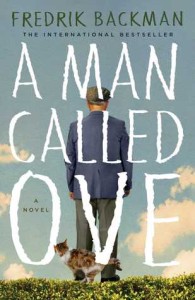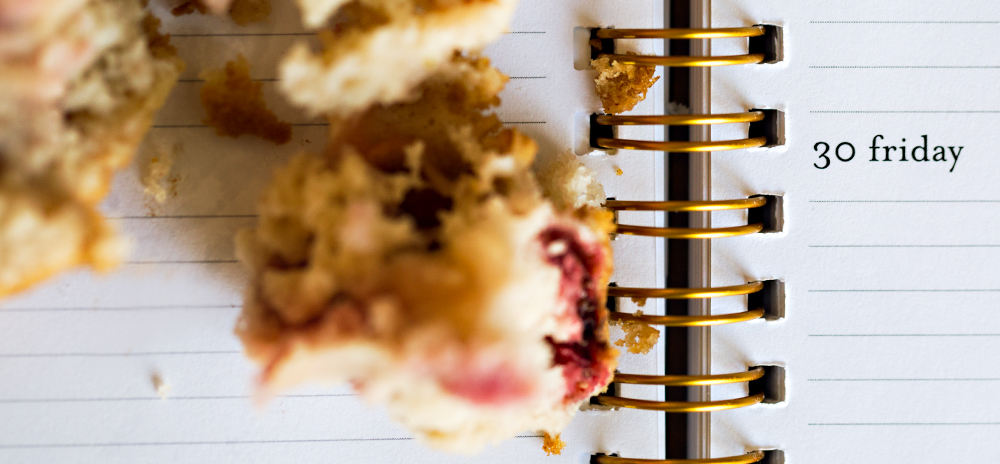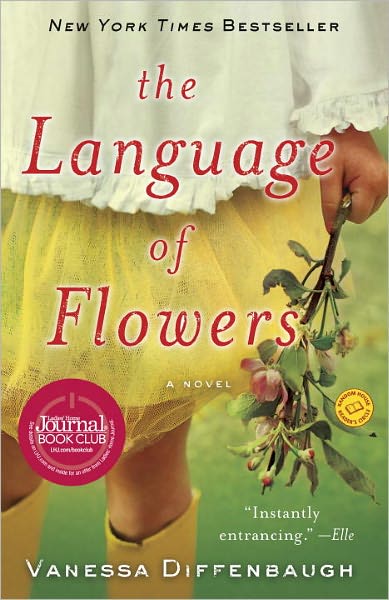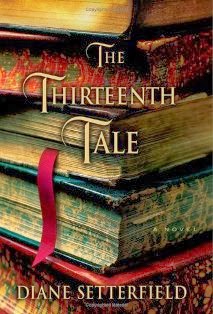 If I were to pick a handful of words to describe this book, I’d have to go with quirky, endearing, and hopeful. And above all, charming. Which, when you come to think of it, are not exactly the words you might expect for a book that opens with an old man making plans to commit suicide. Despite the premise, this book had some delightfully humorous moments, and I had that pleasant kind of lump in my throat throughout the whole thing. I fell in love with curmudgeonly old Ove, and it was one of those books I couldn’t bear to finish because I wasn’t ready to say goodbye to him yet.
If I were to pick a handful of words to describe this book, I’d have to go with quirky, endearing, and hopeful. And above all, charming. Which, when you come to think of it, are not exactly the words you might expect for a book that opens with an old man making plans to commit suicide. Despite the premise, this book had some delightfully humorous moments, and I had that pleasant kind of lump in my throat throughout the whole thing. I fell in love with curmudgeonly old Ove, and it was one of those books I couldn’t bear to finish because I wasn’t ready to say goodbye to him yet.
Discussion #1: Are you going to be a crotchety old man (or woman) someday?
Ove stuck to his routines, he liked what he liked, he resisted modern advances, and he balked at change.
This was a world where one became outdated before one’s time was up. An entire country standing up and applauding the fact that no one was capable of doing anything properly anymore. The unreserved celebration of mediocrity. No one could change tires. Install a dimmer switch. Lay some tiles. Plaster a wall. File their own taxes. These were all forms of knowledge that had lost their relevance.
Do you know anyone like Ove? In what ways are you like him (or do you see yourself becoming like him in the future)?
Discussion #2: Everyone has a story.
I appreciate the way Ove’s story unfolds gradually throughout the book, and we come to realize why he is the way he is—and that underneath his gruff exterior, he actually has a kind heart.
All people at root are time optimists. We always think there’s enough time to do things with other people. Time to say things to them. And then something happens and then we stand there holding on to words like “if.”
Do you know anyone who seems tough on the outside but is actually a softie? What does this book say to you about savoring the moments we have with the ones we love?
Discussion #3: Every life has value.
Ove is practical guy—he loves things that are useful and have a specific purpose. But when he loses his wife and his job, he finds himself feeling useless and wondering if there’s any purpose left for him.
What would you say to someone like Ove who didn’t think they had a reason for living anymore?
Discussion #4: On loving well—and grieving well.
Ove eventually finds community—or more accurately, community finds him—in the form of his quirky band of neighbors and a pesky cat that refuses to go away. And in finding community, he starts to process his loss and find purpose again.
Sorrow is unreliable in that way. When people don’t share it there’s a good chance that it will drive them apart instead.
I think this is one of the loveliest passages about old love I’ve ever read:
“To love someone is like moving into a house,” Sonja used to say. “At first you fall in love in everything new, you wonder every morning that this is one’s own, as if they are afraid that someone will suddenly come tumbling through the door and say that there has been a serious mistake and that it simply was not meant to would live so fine. But as the years go by, the facade worn, the wood cracks here and there, and you start to love this house not so much for all the ways it is perfect in that for all the ways it is not. . . . That’s it, all the little secrets that make it your home.”
Rating
I would give this book five stars (out of five) for its rare blend of humor and profundity, for its vividly drawn characters, and for its insights into aging, death, and life.
How many stars would you give this book?
{Be sure to add your comment—I’m giving away a free book to one lucky commenter!}









